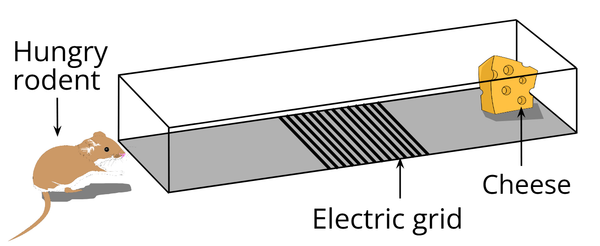programming languages
Because I love the smell of compilation in the morning
As McConnell notes in Code Complete: If you haven’t spent at least a month working on the same program – working 16 hours a day, dreaming about it during the remaining 8 hours of restless sleep, working several nights straight through truing to eliminate that “one last bug” from the

